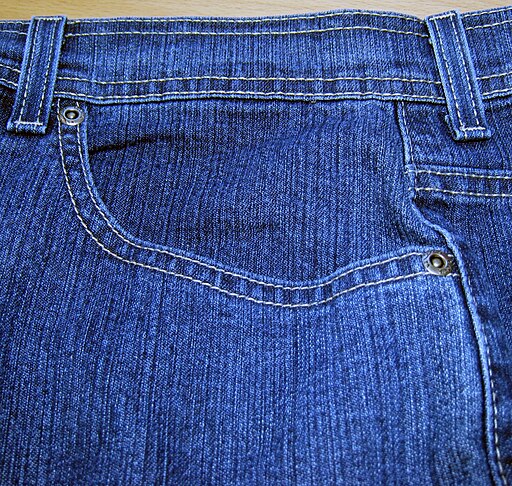What’s in My Pocket? A Snapshot of Two Years’ Reading
Though its former name, Read It Later, was more descriptive, Pocket tops the short list of apps that have significantly changed the way I go about basic activities. If you don’t use it, you should: you can,  with the click of a button, save an article or video and, as the name used to indicate, read it later. I use it as I run through headlines in my rss reader, or when I stumble across articles posted on Twitter or Facebook that I don’t have the time or inclination to read that moment, or when an article includes references to other things I want to read. This way I can benefit from the interconnected web without losing myself down a rabbit hole of distraction and interruption (feel free to pocket the articles linked below, or to get distracted and interrupted). And when I want to read something, I always have a list available.
with the click of a button, save an article or video and, as the name used to indicate, read it later. I use it as I run through headlines in my rss reader, or when I stumble across articles posted on Twitter or Facebook that I don’t have the time or inclination to read that moment, or when an article includes references to other things I want to read. This way I can benefit from the interconnected web without losing myself down a rabbit hole of distraction and interruption (feel free to pocket the articles linked below, or to get distracted and interrupted). And when I want to read something, I always have a list available.
OK, sales pitch over (I received no remuneration, financial or otherwise, for this post).
One feature of Pocket is that it archives rather than deletes, and recently I found myself deeper in this personal archive than I’d ever been. I’ve never been great about tagging things, but when I saw my wife tagging what she’d read, I decided it was a good idea. And then I decided to go through the archived articles and tag those, too.
Thus began an long period of scrolling and tagging. What emerged was a snapshot of my non-work-related reading over the past two years (I made it that far before the app decided enough was enough, and returned an error message). I was reminded of articles that had been trending at the time (like “The Case against High-School Sports,” in The Atlantic) and of  events about which I’d read a lot (Jonah Lehrer’s fall from grace, or President Sullivan’s ousting and reinstatement). And it became clear that I read a lot of book reviews, with a distinctly scientific slant (I was very interested in the debates about eusociality, and I well remember the jellyfish book and the passenger pigeon).
events about which I’d read a lot (Jonah Lehrer’s fall from grace, or President Sullivan’s ousting and reinstatement). And it became clear that I read a lot of book reviews, with a distinctly scientific slant (I was very interested in the debates about eusociality, and I well remember the jellyfish book and the passenger pigeon).
Certain patterns also emerged. There were lots of articles about higher education and the humanities, and about academic publishing (problems facing university presses, retractions in scientific journals, the locking of research behind paywalls). There was an assortment of popular-press articles about Dickens (clustered around the bicentennial of his birth), the digital humanities (clustered around the MLA and around well-publicized critiques like Kirsch’s), and children’s literature. And there were lots of articles about Wikipedia.
I teach a Wikipedia-themed composition course, and articles about or related to the online encyclopedia popped up regularly over the past year, peaking last summer as I put together an annotated list in preparation for the course’s first iteration (I’ll keep updating it). But the course’s origins are visible as far back as I could go, which was 2012, when Philip Roth wrote published a letter in the New Yorker and Timothy Messer-Kruse updated the entry for the Haymarket Riots, about which he’d written two books. Had I been able to go further, I know that pattern would have continued.
This summer I’ve been awarded a Faculty Instructional Technology Integration grant, and I’ll be using it to make some changes to my course. This glimpse of my reading past has been especially interesting as I look ahead to my teaching (and reading) future.
Do you use Pocket, or something similar? Have you ever trolled through the archives to see what you’ve been reading the past few years?